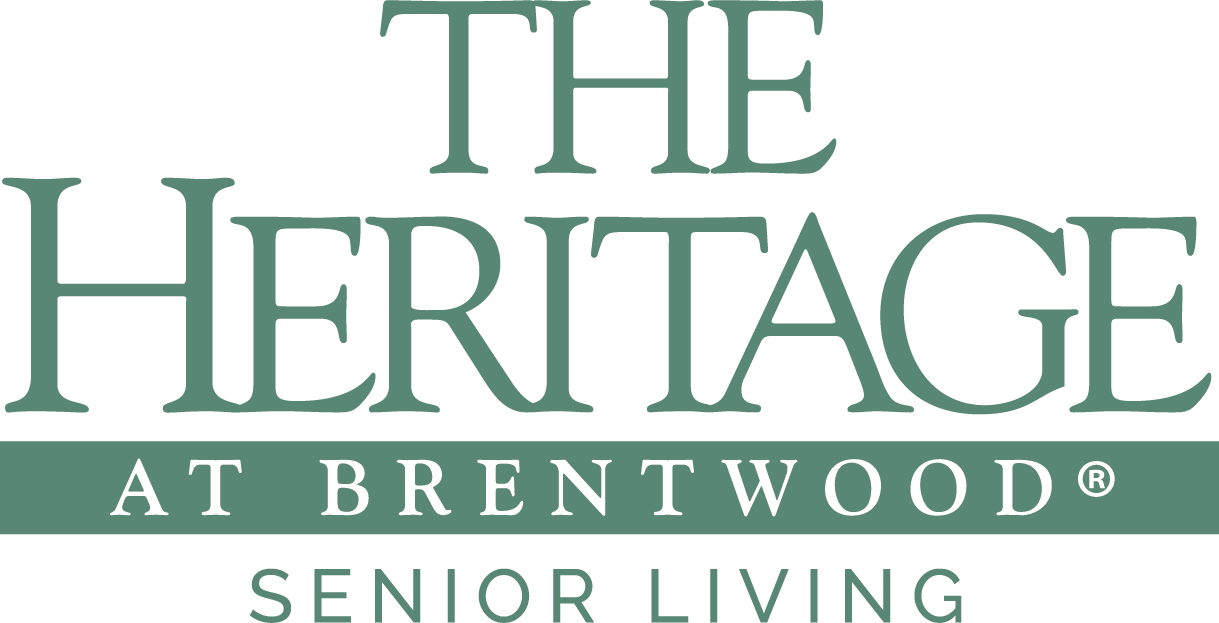
The Benefits of Lifelong Learning for Seniors
Despite what you may have heard, the ability to learn new things doesn’t diminish with age. If anything, the potential for learning continues to expand. That’s because your brain never stops growing as long as you continue to use it. So stay curious and continue challenging the way you think. The benefits of lifelong learning for seniors are too good to pass up.
Is Lifelong Learning the Same Thing as Taking a Class?
Enrolling in a class at a local college is one way to think about lifelong learning. But it’s not the only way to engage your gray matter. Lifelong learning for seniors includes any task that challenges your thinking and requires regular engagement. It involves expanding your knowledge and skills through creative, stimulating activities, and even sharing your knowledge with others. Lifelong learning for seniors is a key component of intellectual wellness, one of the dimensions of wellness essential for overall well-being. Here are some examples of lifelong learning activities:
- Developing a new skill such as sewing, cooking, painting or public speaking.
- Self-taught study such as learning a new language, researching a topic of interest, or subscribing to a podcast.
- Learning a new sport or activity like yoga, tai chi, bocce, or learning a new dance step.
- Learning to use new technology like Zoom, Roku, iPad or an Amazon Echo.
- Acquiring new knowledge by taking a self-interest course online or classroom-based course in your community.
Staying Sharp Has its Benefits
The loss or decline of cognitive ability is something many people worry about as they grow older. But if you continue to use your brain, the odds are good you won’t lose your ability to think, reason and make smart decisions. But there are more benefits of lifelong learning for seniors than staying sharp.
- Reduced risk of memory loss. Research has shown that learning new things throughout your lifetime can help keep Alzheimer’s disease at bay. According to the Alzheimer’s Association, “Higher levels of education appear to be somewhat protective against Alzheimer’s, possibly because brain cells and their connections are stronger.” Learning difficult new skills in older age is also associated with improved memory.
- Cognitive improvement. Learning causes physical changes in the brain by creating new neural connections and generating new neurons. This positively impacts memory, attention, thinking, language and reasoning skills.
- Improved self-esteem. Learning something new is a great way to boost self-esteem. When you learn a new skill, you feel more confident and proud of yourself. Learning new skills can give you a tremendous emotional lift.
- Social connection. Learning in a supportive social environment helps you form close relationships that are essential for health and happiness. This is especially important for seniors who choose to remain in their homes or for those dealing with stressful events.
- Practical life skills. Learning how to better handle your finances, improve your communication skills or updating your computer skills can make life better. Classes on these subjects and more are available through schools, libraries and at many senior living communities.
- Enjoyment. Now’s the time to do the things you always wanted to do. Cooking, gardening, photography, painting, woodworking, writing, genealogy … whatever brings you joy and fulfillment is good for your health and happiness.
Continue Learning and Growing at The Heritage at Brentwood®
We make it easy for residents to participate in senior learning opportunities. Brain games, bridge clubs, mahjong, guest lectures, musical performances and cultural outings are just some of the ways residents stay sharp at The Heritage. We even have a brain fitness program residents can log into anytime they want to give their gray matter a workout. To learn more lifelong learning opportunities at The Heritage, visit our Wellness page.
Contact us today to learn more and schedule a visit.




